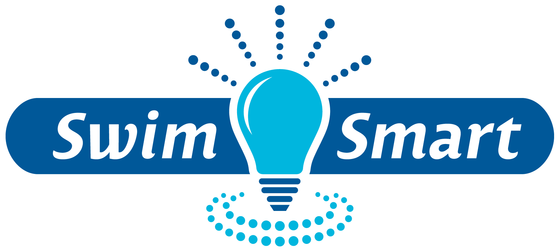Biology of Swimming Contents
Table of Contents: The Biology of Swimming
Part One: How the Swimming Machine Works
- Muscle- How it Works
- Sarcomeres: The Base Unit of Muscle
- Myosin Heads: The Movers
- Swimming Long is Against Biology
- Muscle Damage: Explaining Soreness
- Energy Systems- The Ultimate Hybrid
- ATP:Pure Energy
- Phosphagen system: The Energy Already Sitting Around
- Glycolysis: Burning sugar
- Aerobic: Efficient Burning
- The Race Chooses the Engine.
- Fuel for each Engine
- Muscle Types- Sprinter vs. Miler
- The Spectrum: Fast vs. Slow Twitch Fibers
- Number of Fibers vs. Size of Fibers
- Changing-ish your Muscle
-
Sprinters in the Mile and Milers in the 50
- The Motor Unit- The Basics of Control
- The Nerve Highway
- Motor units Big and Small
- Different Strokes Means Different Motor Units
- Unlocking your Nerve Potential
- Cardio- The Pump that Never Stops
- The Circuit: A Pump and the Blood Highway
- VO2: How big is your Fire?
- Cardiac Output: How the Pump Works
-
Explaining all your Worst Feelings
- Lungs- Breathing and Acid Control
- Getting the Air next to the Blood
- Why do we Feel Air Hungry?
- Dealing with Acid: Lactate and CO2 in the Blood
- Lung Capacity and Breathing Muscles
- Lactate Threshold- The Ultimate Endurance Test
- Following the Acid: Creation to Elimination
- What is the Lactate Threshold?
- How to Test the Threshold
- Lactate Threshold Graphs for Sprinters and Milers
- Hormones- Masters of the Machine
- Training Hormones: Maintaining Sugars and Pressures
- Recovery Hormones: Refuel, Rebuild, and Rehydrate
Part Two: How the Swimming Machine Adapts
- The Basics- What's the best workout?
- Science studies in swimming: tough to generalize
- Specificity: Get better by Doing
- Playing the physics game vs. the biology game
- Elite athletes: their start point and maximum ability to train
- Endurance Training- Laying a foundation
- Aerobic Power: VO2max Training
- Aerobic Endurance: Mitochondrial Training
- Sprint Training- Top speed that lasts
- Speed Training: Nerves and Muscle Angles
- Lactate Tolerance: Buffering and Hypertrophy
- Motor Learning- Cementing habits
- Motor Pattern: Technique
- Motor Learning: Writing Motor Pattern Programs
- Taper- Super Compensating
- Day by Day Changes during Taper
- Types of Taper: Minor, Major, Retaper
- Overtraining- Too Much of a Good Thing
- Over-reaching vs. Overtraining
- What does Overtraining Look Like and How to Test for it
- How to fix Overtraining and Stop it from Happening Again
- Dryland/Lifting- Building In-Water Power... Out of the Water
- How Dryland Helps You Swim Faster
- Circuit, Strength, Power and Speed Training
- Flexibility: Increasing Power and Decreasing Drag
PART THREE: HOW THE SWIMMING MACHINE IS PERFECTED
- Nutrition- Refuel, Rehydrate, Rebuild
- What is Food?
- Insulin, Glycemic Index and the Workout Loophole
- Training and Competition Meal Plan
- Micro-nutrients, Supplements and the Microbiome
- Injury- Joints, Lungs and Ears
- Joint Anatomy and Tendinitis
- Swimmer's Shoulder: Impingement Syndrome
- Breastroker's Knee
- (Flyer's) Spine
- Pre-hab and Rehab
- Cough
- Physics- Drag, Power and Pools
- Drag- Form, Skin and Wave Drag
- Power- The Good Drag
- Pool Physics- Getting Rid of Waves
- Psychology- Building Mental Toughness
- The Brain- Animal vs. Human
- Motivation- The Will to Do
- Self-Control and Grit- The Practice of "Overcoming"
- Anxiety- Turning Bad Feelings into Good Ones
- Confidence- Practice it 'till You Make it!
- Leadership- Making Others Better






